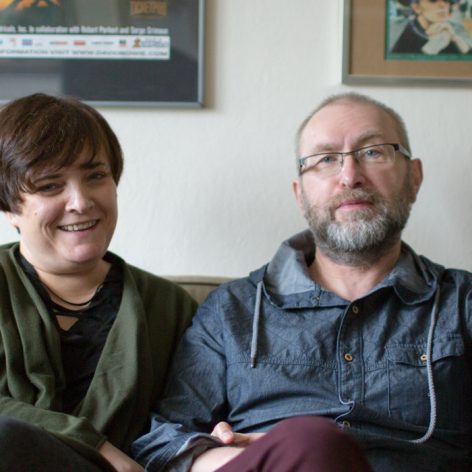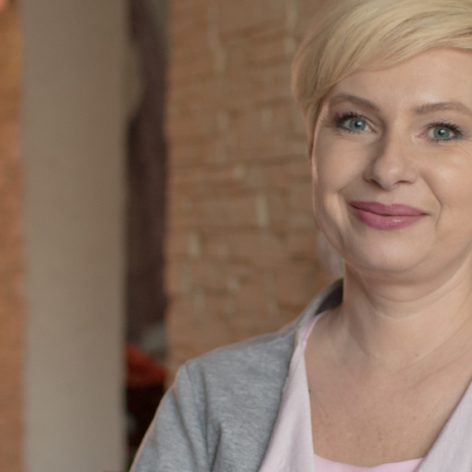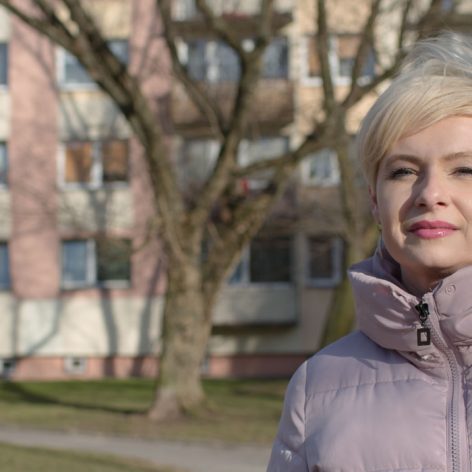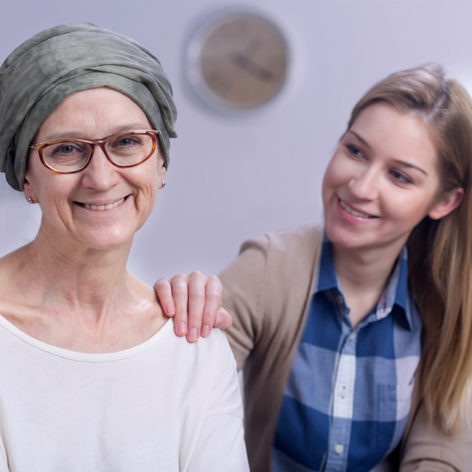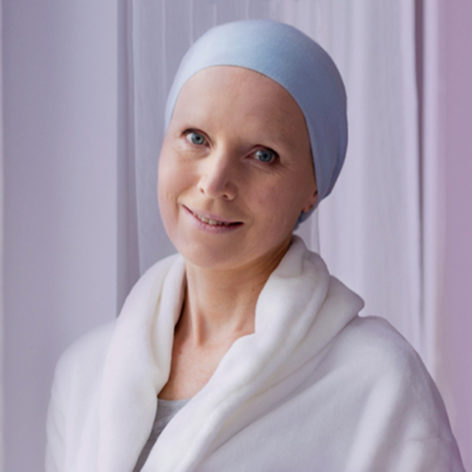Undesired weight loss is one of the most common symptoms experienced by cancer patients. In fact, between 30%-80% of patients experience weight loss at some point during their illness, depending on the site of the tumour.1Hebuterne X, et al. JPEN. Published on 2014;38:196 At Danone Research & Innovation, we work with cancer specialists, academic institutions, as well as cancer patients themselves, in order to develop medical nutrition that addresses patients’ needs.
Cachexia is characterised by loss of muscle mass
Weight loss is often present at the time of cancer diagnosis;2Laviano A and Meguid MM, Nutrition. Published on 1996;12:358-71 indeed, it is often the first sign that something may be wrong. At this stage, weight loss is predominantly caused by the effects of the tumour itself, and can result in ‘cancer cachexia’. This multi-factorial syndrome is characterised by an ongoing loss of skeletal muscle mass, with or without a loss of fat mass, that cannot be fully reversed by conventional nutritional support and leads to progressive functional decline.3Fearon K, et al. Lancet Oncol. Published on 2011;12(5):489-95
Weight loss can affect the success of treatment
Weight loss in cancer patients is predominantly due to the depletion of muscle mass that characterises cancer cachexia. This loss can negatively affect patient quality of life4LeBlanc TW, et al. J Pain Symptom Manage. Published on 2015;49:680–689 and, importantly, treatment success.5Martin, et al. J Clin Oncol. Published on 2015 Since treatment dosing depends, amongst other factors, on patient BMI (Body Mass Index), weight loss can have a direct and negative impact as the patient may only be able to tolerate a suboptimal dose.6Kazemi-Bajestani SM, et al. Semin Cell Dev Biol. Published on 2016;54:2–10 ,7Prado CM, et al. Nutrition Society Irish Section Meeting, University College Cork, Cork, Irish Republic, 16-19 June 2015. 2016. Cambridge University Press, Cambridge. Published on June 2015. 2016
In addition to the impact of the disease itself, the side effects of treatment (surgery, radiotherapy, immunotherapy and chemotherapy) can all further exacerbate weight loss as patients can struggle to maintain adequate nutrition due to symptoms such as early satiety, loss of appetite, nausea and vomiting.8Ravasco P. del. Nutrition. Published on 2015;31:603-604
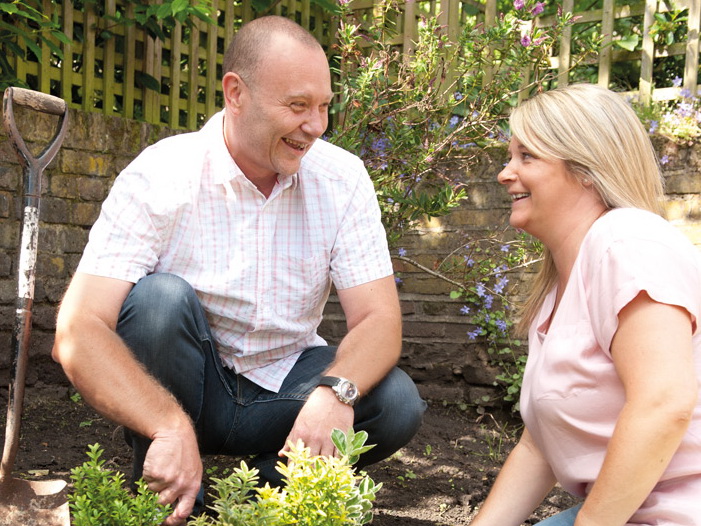
Supporting patients on their cancer journey
At Danone Research & Innovation, we aim to develop innovative medical nutrition that supports patients throughout their cancer journey, from diagnosis through to treatment and recovery, or into palliative care. We recognise that patients have different nutritional needs at different stages so we developed a range of nutritional solutions adapted to the evolving needs of the patients.
View References
| 1 | Hebuterne X, et al. JPEN. Published on 2014;38:196 |
|---|---|
| 2 | Laviano A and Meguid MM, Nutrition. Published on 1996;12:358-71 |
| 3 | Fearon K, et al. Lancet Oncol. Published on 2011;12(5):489-95 |
| 4 | LeBlanc TW, et al. J Pain Symptom Manage. Published on 2015;49:680–689 |
| 5 | Martin, et al. J Clin Oncol. Published on 2015 |
| 6 | Kazemi-Bajestani SM, et al. Semin Cell Dev Biol. Published on 2016;54:2–10 |
| 7 | Prado CM, et al. Nutrition Society Irish Section Meeting, University College Cork, Cork, Irish Republic, 16-19 June 2015. 2016. Cambridge University Press, Cambridge. Published on June 2015. 2016 |
| 8 | Ravasco P. del. Nutrition. Published on 2015;31:603-604 |
